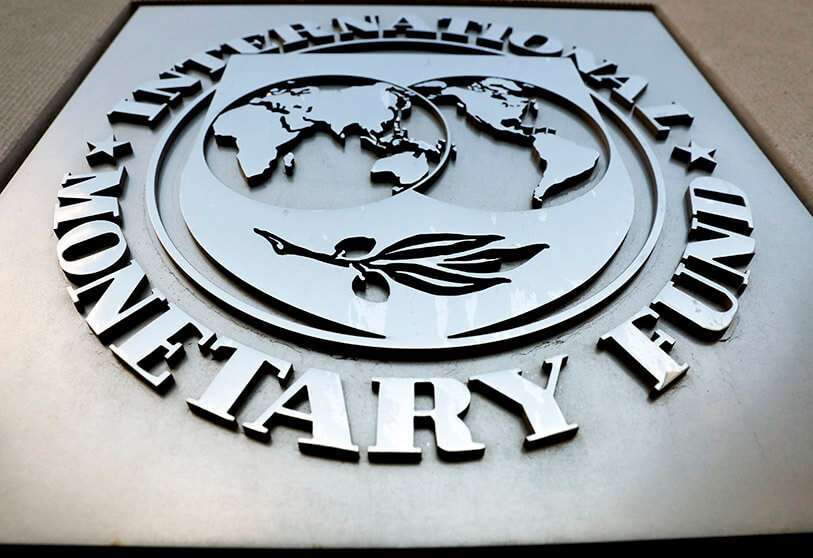IMF to provide $650 billion in additional liquidity to its lending capacity

Kristalina Georgieva, Managing Director of the International Monetary Fund (IMF), has announced that the institution intends to increase its reserves and lending capacity by $650 billion through a new issue of special drawing rights (SDRs). Georgieva said she is counting on the support of member countries and "doing everything possible to weather the worst recession since the Great Depression". She will formally present the proposal to the institution's board in June. The lending capacity of the financial institution currently stands at $1 trillion.
"By addressing the long-term global need for reserve assets, a new SDR allocation would benefit all our member countries and support the global recovery from the COVID-19 crisis," said the managing director, who says the change would allow the organisation to provide greater liquidity to the economic system.
The G7 finance ministers, meeting on Friday by videoconference, had already been in favour of the idea, especially with the aim of helping the countries that are being weakened the most by the health crisis. This new SDR issue is the first since 2009, a year after the previous global economic crisis erupted.
"It would also free up badly needed resources for member countries to help fight the pandemic, including to support vaccination programs and other urgent measures. And it would complement the range of tools deployed by the IMF to support our membership in this time of crisis”, she said. The other positive aspect Georgieva highlights is that such a system would allow for increased liquidity without increasing the debt burden.

The SDR mechanism was created in 1969 to supplement the foreign exchange reserves of its member countries. The value of the SDR is based on a portfolio of five major international currencies used in trade and finance: the dollar, the euro, the pound, the yuan and the yen.
It was originally a complement to the Bretton Woods system of fixed parities. A few years after the creation of the SDR, Bretton Woods collapsed and the major currencies moved to floating exchange rate regimes. Coupled with the growth of international capital markets, borrowing by solvent governments became easier. In those years, dependence on the SDR as a global reserve asset declined, but after the 2008 crisis it regained prominence, playing a key role in providing liquidity to the global economic system and complementing the official reserves of member countries.
The SDR is a potential asset against freely usable currencies of IMF member countries. SDR holders can obtain the above currencies in exchange for their SDRs through two operations: the conclusion of voluntary swap arrangements between member countries and, secondly, the designation by the IMF of member countries with strong external positions to purchase SDRs from members with weak external positions.
Regarding the value of the SDR, it was decided in 2015 to adopt a new weighting formula by assigning the same proportion to the currency issuer's exports and to a composite financial indicator. This financial indicator comprises official reserves in the currency of the country or currency union, the volume of foreign exchange transactions in this currency, and the sum of the stock of international bank liabilities and international debt securities.
The current weights are 41.73% for the dollar, 30.93% for the euro, 10.92% for the Chinese renminbi, 8.33% for the Japanese yen, and 8.09% for the pound sterling. These weights were used to determine the amount of each of the five currencies included in the new SDR valuation basket that came into effect in 2016 and remained in place until last year. The next revaluation is scheduled for September this year.









